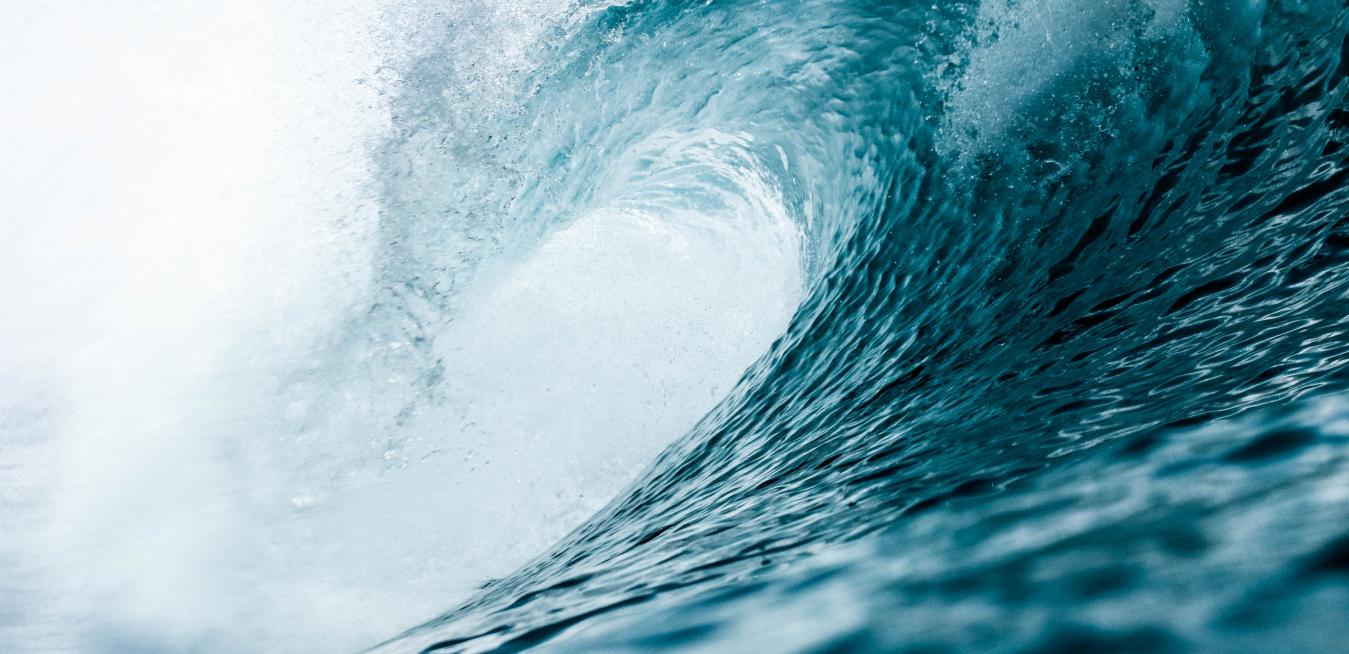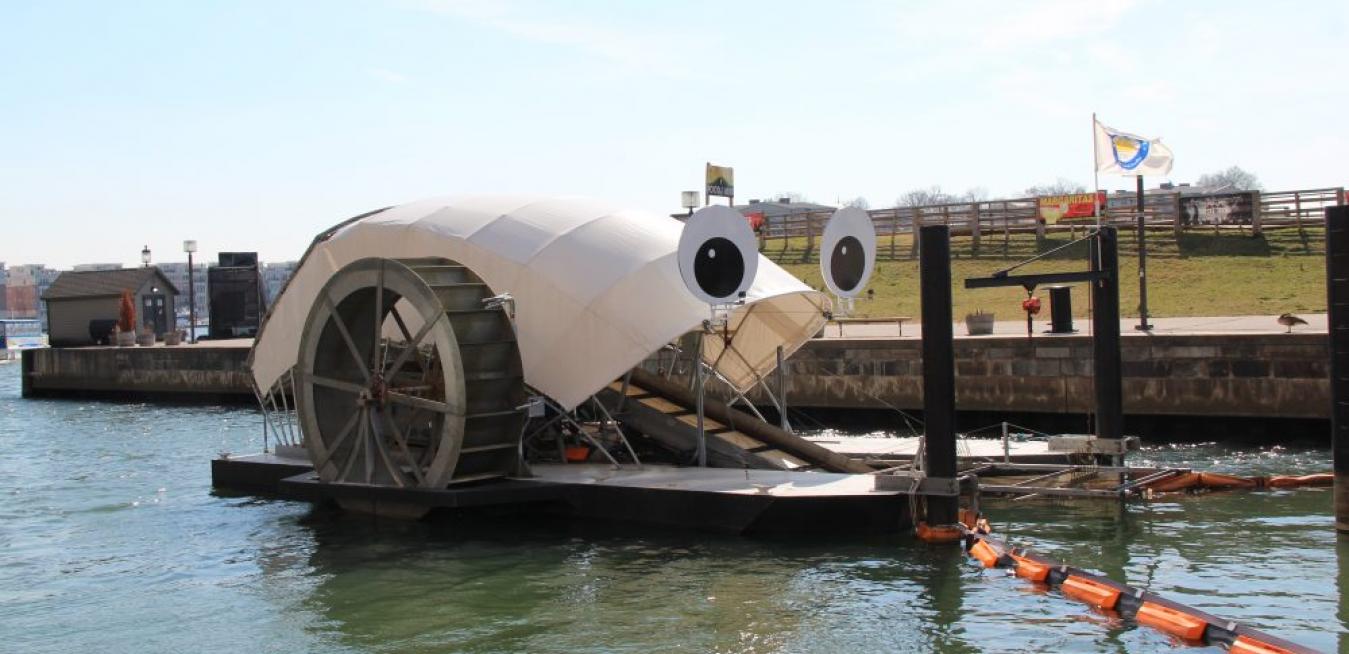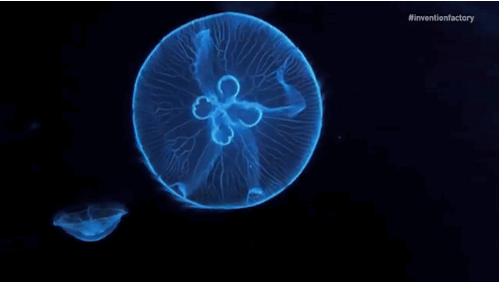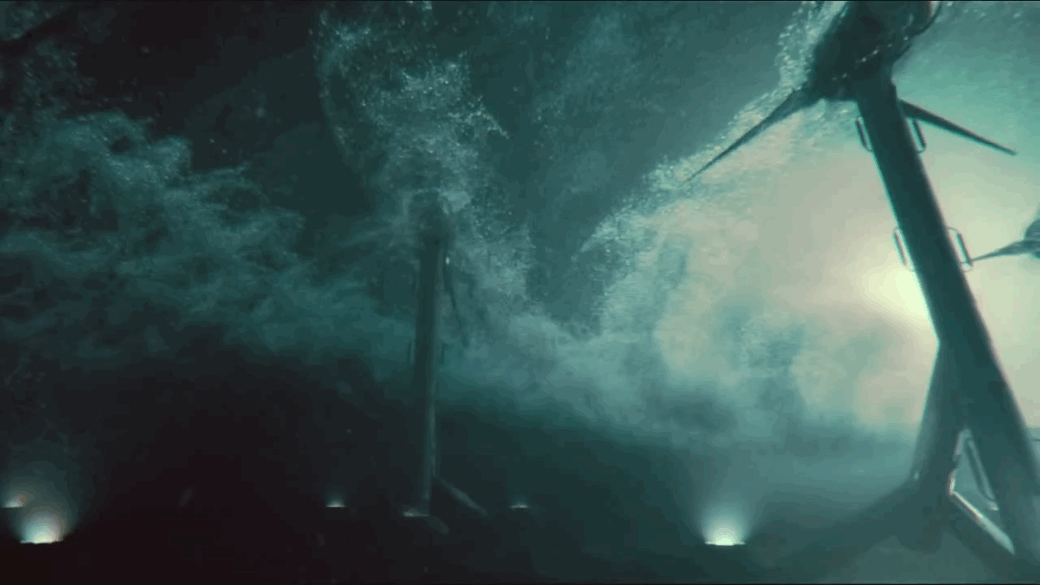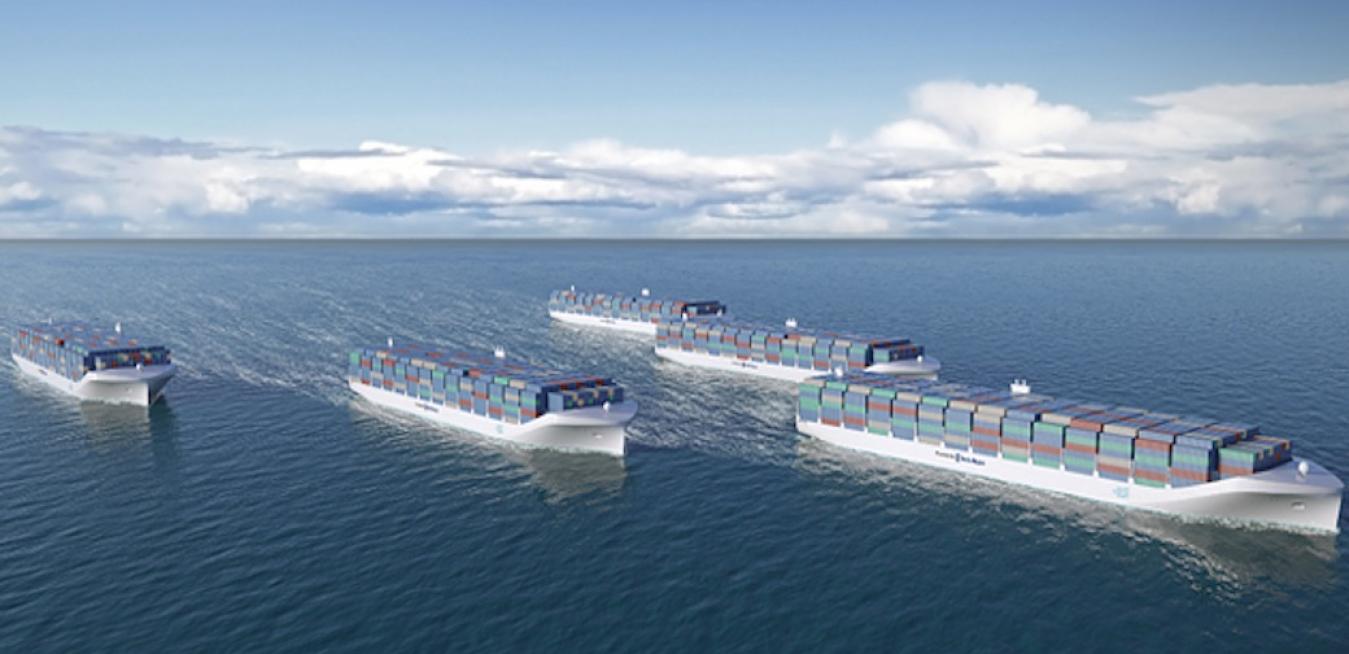In the-near-future however, wave power, or marine energy, could become a new source of renewable power for nations connected to the world’s deepest, largest oceans, including many in Asia Pacific (APAC).
Unleashing the potential
Mr. Trash Wheel— the world’s first sustainably-powered trash collector— has removed over 9 million cigarette butts, nearly 500,000 polystyrene containers and close to 400,000 plastic bottles from Baltimore’s harbor. But is he a match for the "Great Pacific Garbage Patch?" Adam Lindquist, Director of Baltimore’s Healthy Harbor Initiative, explains.
The deep ocean is our planet’s last unexplored frontier. Water covers 70 percent of the Earth’s surface, but the National Oceanic and Atmospheric Administration estimates that we have seen no more than 5 percent of the seafloor.
Driverless transport seems poised to disrupt.
Amazon and pizza companies are conducting early tests to use airborne drones for bringing packages to customers’ doors. Google and others are building autonomous cars that don’t take sick days or get paid by the hour. Trucking analysts, meanwhile, anticipate the day when convoys of robotic semis haul freight over highways.
